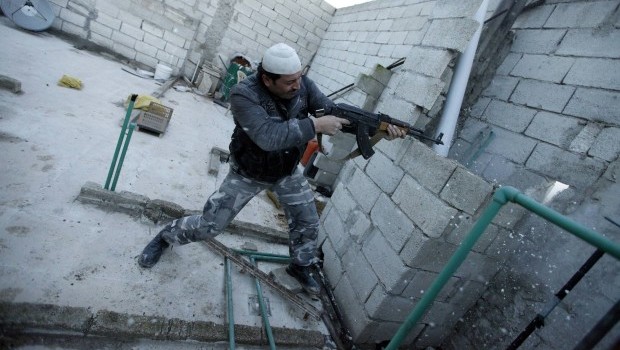When Colin Powell spoke about a new Middle East, just what did he mean? Was he talking about Pakistan? Turkey? Iran? No, most likely he was talking about the Arab world, including the Arab states present in North Africa-away from the east. This expression has long been used by the westerns in the sense of quarantining states and establishing boundaries between one region and another. Only when one attempts to geographically define the old Middle East does the differences between this and the new Middle East become apparent. When Powell made this statement, he was not talking about the changes in the Israeli occupation; rather he was talking about Iraq, Syria, Egypt and Libya.
In terms of political culture, the Middle East is the region of unrest and international variables; this region of endless saddening human migration.
Two dramatic terms have always been tied to this region: the Middle East and the Eastern Question.
Both of these terms immediately bring to mind a vast array of unsolvable problems.
The Eastern Question was first asked about the eastern European countries, however when this term reached us, it flourished and broadened.
Karl Marx also discussed this, labeling it the eternal Eastern Question, mocking the racial, ethnic, and religious complexities and dimensions of this geographic region located between Asia and Africa, adjacent to Russia and Europe.
At the beginning of the nineteenth century the Eastern Question meant Macedonia, Poland, and countries in the Caucuses.
However with the collapse of the Ottoman Empire, this term was appropriated as the world forgot about all other eastern issues.
Some historians have returned the Eastern Question to the days of the Roman Empire and its eastern expansion. In other words, each age and era has its own understanding of the Middle East and the Eastern Question. In fact, one French historian opines that There has always been an Eastern Questions since the Turks came to Europe, in other words since the beginning of a religious conflict in a continent that had previously been drowning in sectarian wars The Arab intellect, that is obsessed by conspiracy theories, would like nothing more than to relate everything that is happening now to the Americans’ talk of a new Middle East, in order to say that they are the ones behind everything that is happening in Kadhimiya, Samarra and Jisr al-Shughur. Whilst America, for its part, does not mind promoting this Superman image and in fact has long exerted effort to promote such a view. However, my own opinion is that General Colin Powell knew as much about a new Middle East when he made this statement as he does now!
